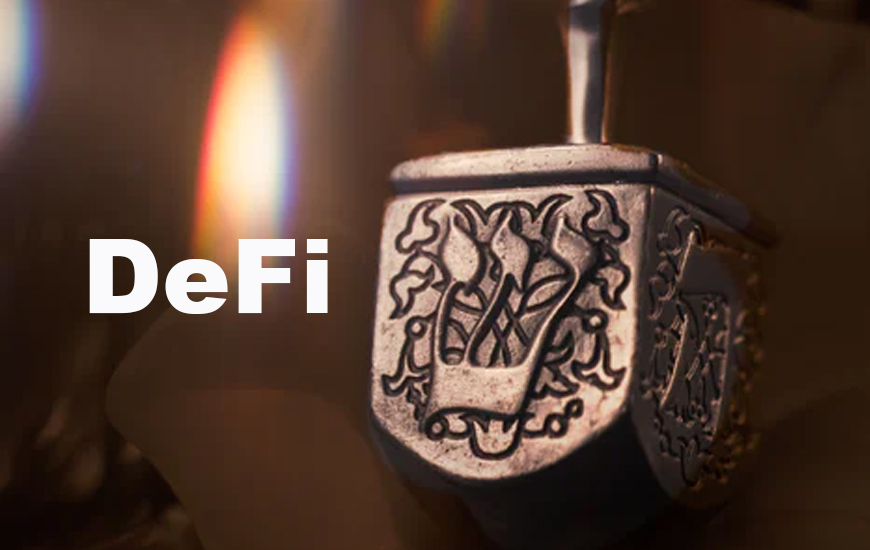- DeFi will reduce risks that exist in the conventional financial system
- Financial regulations are based upon past human fallacies and mistake
- Open software which is transparent enough better than a human being with all his shortcomings
Often great inventions face ridicule and opposition in their conception or infancy stage. For example, Edward Jenner, the founder of smallpox vaccination, was ridiculed, and some even quipped that cowpox-based vaccines would turn humans into cows. Automobiles, transistors, or smartphones were all met with skepticism and disbelief. However, today they are ruling our daily life. Innovation in finance is no different, and fintech is often met with skepticism over safety and suitability.
Today DeFi is a reality, but it is still met with skepticism. Regulators are getting increasingly vocal and see the rise of DeFi as a risk to their established financial regime. However, do we need to be so skeptical? Why can we see DeFi as a means to reduce risks that exist in the traditional financial system?
$80 billion of capital has been contributed to DeFi protocols
In the past 18 months since the emergence of DeFi at scale, approximately $80 billion of capital has been contributed to DeFi protocols. It is not a small amount. What does it reveal? Every cent deposited in the DeFi is from someone who has lost faith in the traditional financial regime. People have decided that the risk-adjusted benefits of DeFi participation were more favorable than conventional banking or investment services.
Today, the rate of interest which a person can earn for his deposit has been trimmed to balance post-financial-crisis quantitative easing and COVID-era stimulus programs. Combine this with widespread hidden fees, which reduce the earnings of the investor even further.
Further, one platform cannot trade or transact with another platform freely. Combine this with human error –because every node has a human at the top acting as the final arbitrator- he will decide if a person is creditworthy to be given a loan or not. Couple this with the prejudice against certain sections of the society, which can deny certain groups or individuals from financial services. So Can DeFi reduce such issues?
Neutral technology vs. human imperfection
Before joining Binance.US as its CEO, Brian Brooks headed the Office of the Comptroller of the Currency (OCC), the primary overseer of the nation’s federal banking system. Brooks says that most of the financial regulations are based upon past human fallacies and mistakes. Every mistake has a human being at the top making a wrong decision. So is it not better to have open software transparent enough rather than a human being with all his shortcomings?
Brian Brooks further added that DEFI is not without risks, and Money laundering can still happen under decentralized financial systems. For example, an improperly programmed algorithm can cause a creditworthy loan applicant to be denied a loan. Many DeFi also are intricately linked to a native currency whose volatility can affect their ratings.

With a background in journalism, Ritika Sharma has worked with many reputed media firms focusing on general news such as politics and crime. She joined The Coin Republic as a reporter for crypto, and found a great passion for cryptocurrency, Web3, NFTs and other digital assets. She spends a lot of time researching and delving deeper into these concepts around the clock, and is a strong advocate for women in STEM.


 Home
Home News
News







